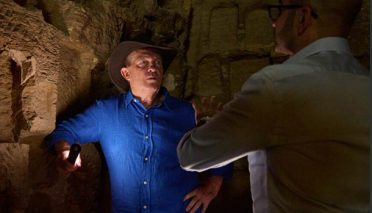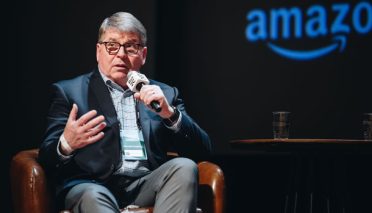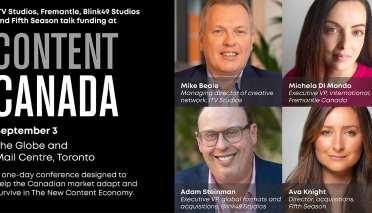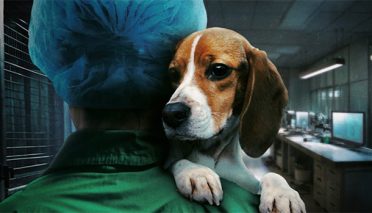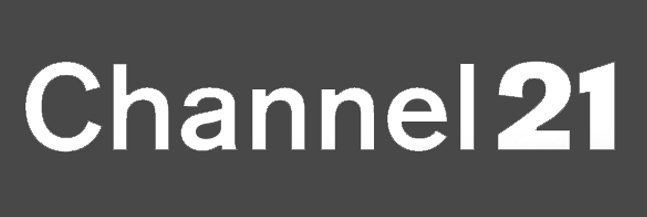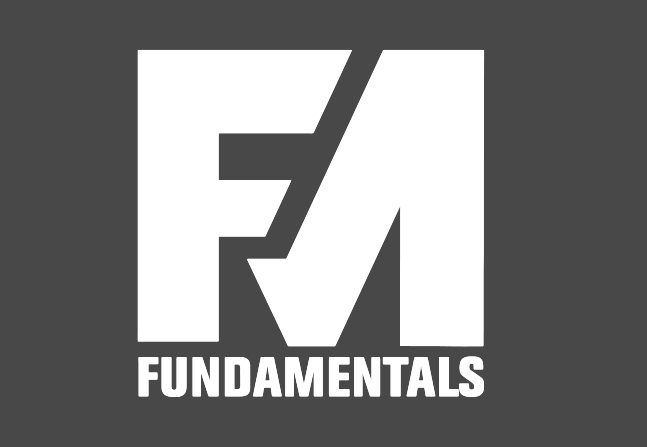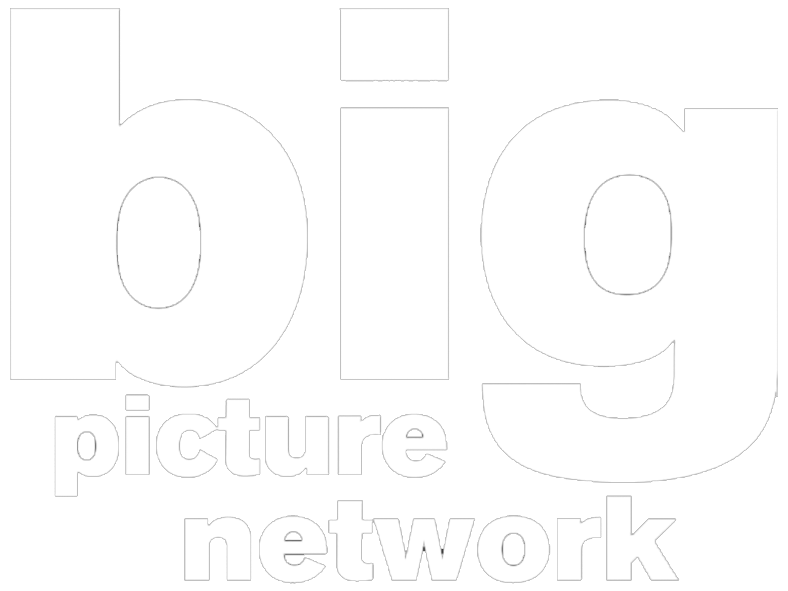Artificial intelligence is already bringing efficiencies to film and TV production, but sceptics fear the use of tools like ChatGPT to devise scripts and even generate entire shows threatens to undermine the industry.
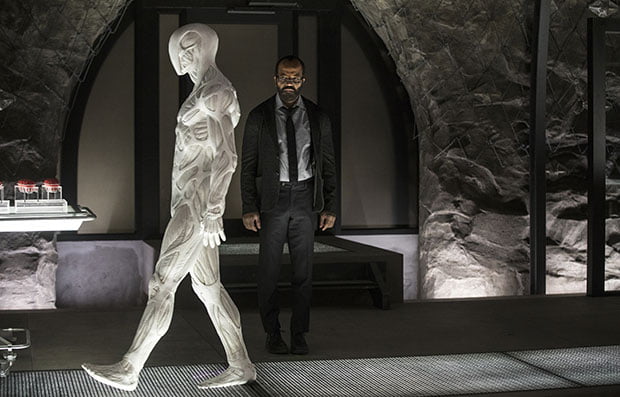
Westworld’s vision of an AI-dominated future was not a rosy one
Artificial Intelligence has been a fascination of film and TV since the industry’s inception, from Fritz Lang’s Metropolis through to modern classics like Stanley Kubrick’s 2001: A Space Odyssey, Ridley Scott’s Blade Runner, James Cameron’s Terminator, Steven Spielberg’s AI and many more, including last year’s Blumhouse horror M3gan.
In TV, HBO’s Westworld, Channel 4 and AMC Networks’ Humans, CBS’s Person of Interest and AppleTV+’s Severance are a handful of series that have explored AI recently, with most of these titles giving the technology a distinctly dystopian billing. Indeed, aside from aliens, the entire science-fiction canon would scarcely exist were it not for the idea of some megalomaniacal computer programme or robot bearing down on humanity.
AI, however, is no longer fiction and, rather than being merely the subject of film and TV fantasy, is being actively used within the industry in myriad ways, not only in VFX but also in content creation. AI tools like those offered by New York-based Runway can bring huge efficiencies to many mundane production tasks, with the firm highlighting how these were used in the making of Oscar winner Everything Everywhere All at Once to remove the need for rotoscoping. It also lists CBS as a client and holds up The Late Show with Stephen Colbert as a case study in which a five-hour video edit was reduced to just five minutes.
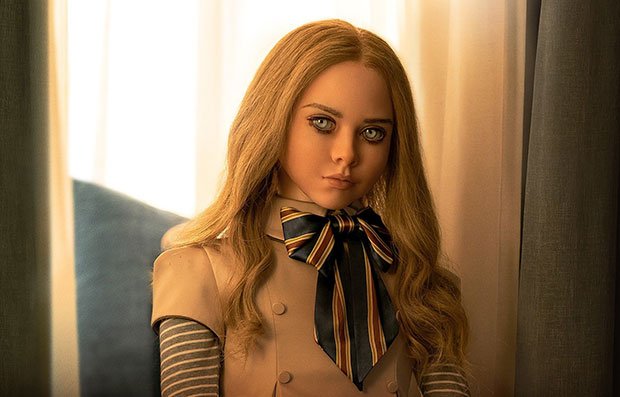
Recent horror M3gan also focused on the scary side of AI
But Runway is also advancing a new category called ‘generative media.’ As with AI chatbots, like ChapGPT – whose developer, OpenAI, received a US$10bn investment from Microsoft in January – and Google’s new rival Bard, its software can create content based on the data it is fed. “Turn any image, video clip or text prompt into a compelling piece of film,” runs the company’s promotional literature. “No lights. No camera. All action,” its website continues. “Bringing the magic back to making movies.”
But some filmmakers see such technology in a very different light. Asked in a recent interview with Stephen Colbert what he thought AI means for the future of his discipline, Spielberg said he loved “anything that is created not by a computer but by a human person.”
“When a human person uses the medium of the digital tools to express themselves and say something, that’s fantastic,” said the director. But his tone changed when Colbert pressed further on the scope for AI to generate movies based on no more than a list of input criteria.
“It’s got me very nervous because you’re basically taking something you created and you made, which is the computer, and giving the computer autonomy over your point of view and yourself as a human person,” said Spielberg.
It’s not only filmmakers who are nervous. AI can easily recreate actors’ images and voices, assimilate their performances and potentially generate new ones. Such developments raise concerns not only about deepfakes but also, of course, issues around copyright, residuals and, on the most fundamental level, future employment.
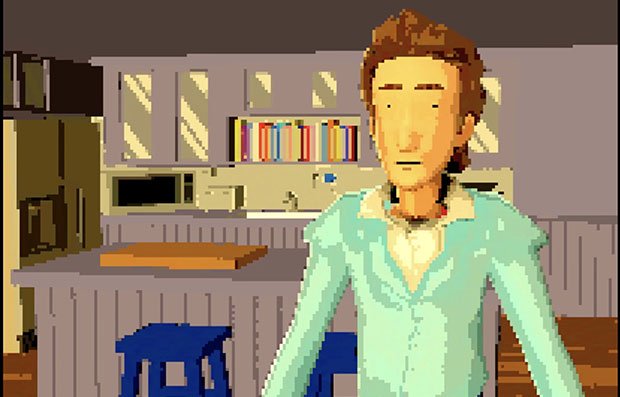
AI-generated Seinfeld spoof Nothing, Forever
UK performing arts workers union Equity last year launched a campaign called Stop AI Stealing the Show, urging government action on these matters, while US equivalent SAG-AFTRA recently took a stand, stating: “Governments should not create new copyright or other intellectual property exemptions that allow artificial intelligence developers to exploit creative works, or professional voices and likenesses, without permission or compensation.”
In a survey of 430 of its members, Equity found that 93% of audio artists felt AI posed a threat to their livelihoods. In Italy, 2,500 dubbing industry workers went on strike recently, in part because of fears over AI’s impact on their profession. And with the Writers Guild of America in the midst of renegotiating contract terms for its members with the US studios, AI is among the items on the agenda.
ChatGPT is perfectly capable of coming up with its own scripts and, indeed, entire TV shows. US-based children’s entertainment company Genius Brands International recently caused controversy by pushing ahead with its own AI-based shorts, including one collection based on its Warren Buffett’s Secret Millionaires Club series.
Elsewhere, an AI-generated spoof of the sitcom Seinfeld, called Nothing, Forever has been streaming on Twitch since December, save for a two-week suspension after the Jerry Seinfeld-like character made transphobic remarks. “Our goal with the next iterations or next shows we release is to actually create a show that is like Netflix-level quality,” co-creator Skyler Hartle told Vice magazine.
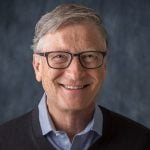 Bill Gates, co-founder, Microsoft
Bill Gates, co-founder, Microsoft
The development of AI is as fundamental as the creation of the microprocessor, the personal computer, the internet and the mobile phone. It will change the way people work, learn, travel, get health care and communicate with each other. Entire industries will reorient around it. Businesses will distinguish themselves by how well they use it.
 Steven Spielberg, director
Steven Spielberg, director
AI has got me nervous because you’re basically taking something you created and you made, which is the computer, and giving the computer autonomy over your point of view and yourself as a human person.
 Lisa Joy, showrunner, Westworld
Lisa Joy, showrunner, Westworld
We knew as we were writing Westworld, almost eight years ago, that AI would actually be one of the defining issues, if not the defining issue, of our generation. This massive sea change is coming, and it’s going to take root and revolutionise things faster than we really anticipate. It’s not actually just a science-fiction abstraction; we’re about to feel very real-world repercussions of evolving AI.
 Skyler Hartle, co-creator, Nothing, Forever
Skyler Hartle, co-creator, Nothing, Forever
As generative media gets better, we have this notion that, at any point, you’re going be able to turn on the future equivalent of Netflix and watch a show perpetually, non-stop, as much as you want. You don’t just have seven seasons of a show, you have 700, or infinite seasons. Our grounding principle was, can we create a show that can generate entertaining content forever?
 Colin Williams, CEO, Sixteen South
Colin Williams, CEO, Sixteen South
Personally, AI scares me. I struggle to see how it can really benefit us in any way culturally and think it is a quick shortcut to the bottom of the tank, where creativity can be bypassed as an expensive commodity. This story, where Genius Brands International are going to use it to generate stories, characters and voices for a new kids’ series, is just downright scary.
 Muslim Alim, commissioning editor for daytime and entertainment, BBC
Muslim Alim, commissioning editor for daytime and entertainment, BBC
AI can analyse large amounts of data and provide insights that may not be immediately apparent to humans. By streamlining the development process and reducing the risk of investing in unsuccessful ideas, integrating AI can ultimately lead to cost savings for TV networks and production companies.
 Marc Guggenheim, co-creator, Arrow
Marc Guggenheim, co-creator, Arrow
We writers have a terrible history of trying to fix the barn door after the horse is five farms away. And while AI may not be a threat to writers today or even tomorrow, we should take contractual steps to protect future writers for the day when AI is good enough to truly come for their jobs.
 Todd Steinman, president, Genius Networks
Todd Steinman, president, Genius Networks
AI is a game-changer for us, providing significant cost-efficiencies and speed to market, allowing us to expand our content initiatives and fuel our programming pipeline in a way that wouldn’t have been possible before.









